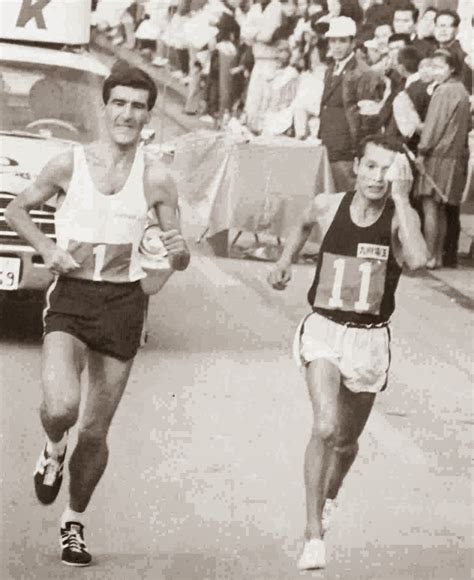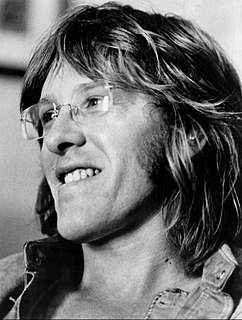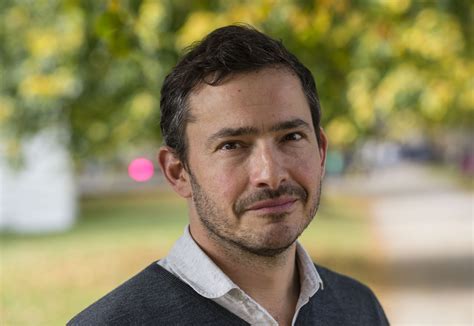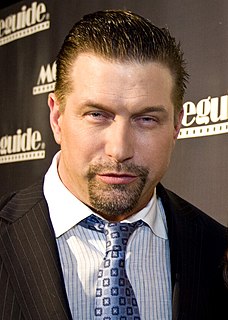A Quote by Sinclair B. Ferguson
Most Christians have more Bibles than they know what to do with, but have little understanding of what is in them.
Quote Topics
Related Quotes
Study Bibles tend to circulate widely, so they play a disproportionate role in helping Christians and others understand holy Scripture. Further, many of our members have long used one or two other Study Bibles, and it is important that Christians not be tied too tightly to only one option, however good it may be.
There is more Bible buying, Bible selling, Bible printing and Bible distributing than ever before in our nation. We see Bibles in every bookstore - Bibles of every size, price and style. There are Bibles in almost every house in the land. But all this time I fear we are in danger of forgetting that to HAVE the Bible is one thing, and to READ it quite another.
With this book in my hands, reading aloud to my friends, questioning them, explaining to them, I was made clearly to understand that I had no friends, that I was alone in the world. Because in not understanding the meaning of the words, neither I nor my friends, one thing became very clear and that was that there were ways of not understanding and that the difference between the non-understanding of one individual and the non-understanding of another created a world of terra firma even more solid than differences of understanding.
Most people are surprised when they hear my somber figures: we know of 2 million species of plants, animals and microorganisms, and we can give them each a scientific name and a diagnostic description. We know, perhaps generously, more than just a little bit of the anatomy in no more than 10 percent. We have done thorough studies in fewer than one-tenth of 1 percent. And the total number of species on Earth is unknown to the nearest order of magnitude.
I suspect that the most basic and powerful way to connect to another person is to listen. Just listen. Perhaps the most important thing we ever give each other is our attention And especially if it's given from the heart. When people are talking, there's no need to do anything but receive them. Just take them in. Listen to what they're saying. Care about it. Most times caring about it is even more important than understanding it. Most of us don't value ourselves or our love enough to know this.
I know a lot of Christians who have been in ministry and walked away from it because the pressure can be too great. And there's a lot of Christians who at the same time would say like well why does God do [certain things]. What I found is Christians regardless of whatever their experience is who trust God more and learn to go through those moments of challenge and persevere. Usually the end result is an experience and interaction with the Holy Spirit that's greater than it was previously. And for me, there is no pursuit that I desire or enjoy more than that interaction.
You are not mature if you have a high esteem of yourself. He who boasts in himself is but a babe in Christ, if indeed he be in Christ at all. Young Christians may think much of themselves. Growing Christians think themselves nothing. Mature Christians know that they are less than nothing. The more holy we are, the more we mourn our infirmities, and the humbler is our estimate of ourselves.
Usually, people that I like to work with are people that I believe in more than they believe in themselves, and they just need that extra boost and the person to give them a little more time and understanding and introspection into their own character to find that box office that lives inside of them.































